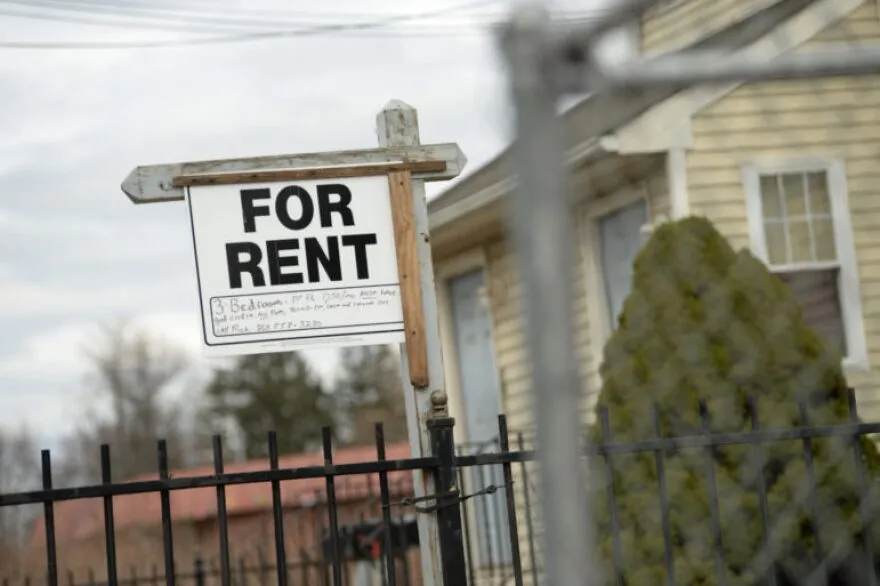Sustainable Housing Relief Did the Federal Housing Administration not get the message that the national Covid emergency ended last month? The agency is proposing a “Covid recovery” program to reduce mortgage payments and cover arrears for struggling borrowers. Taxpayers, look out below.
With the aim of addressing the immediate housing crisis while promoting long-term sustainability, this article examines the implications of the FHA’s proposed program and its potential impact on the housing market.
At the onset of the pandemic in March 2020, Congress let homeowners with federally backed mortgages pause payments for up to a year. The forbearance, initially set to expire in February 2021, has received multiple extensions through administrative fiat, mirroring the approach taken with several other pandemic relief policies. FHA borrowers can still receive forbearance through November.
FHA insures mortgages for low-income and first-time home buyers with a down payment of as little as 3.5%. The big problem is that many FHA borrowers bought homes and now can’t afford to make monthly payments. They took advantage of Covid forbearance to delay payments but now may owe tens of thousands of dollars in arrears.
Real State
They could try to pay off this debt by refinancing mortgages. But mortgage rates are more than double what they were two years ago, and two to three percentage points higher than in the years before the pandemic. Some could avoid foreclosure by selling their homes since housing prices have surged. But many would have to pay more if they moved because mortgage rates and rents have also risen.
Enter the FHA, which is proposing to rescue homeowners by covering their late payments and up to 25% of the principal and interest on monthly mortgage payments for up to five years. Borrowers would be allowed to keep their current interest rate while reducing their monthly payments. Late payments would be added to a borrower’s principal balance. Homeowners would supposedly pay the FHA back when they sell their homes or refinance their loans.
The FHA is betting that borrowers will be able to refinance at lower rates in a few years after interest rates fall, but that’s far from certain. If inflation persists, mortgage rates will stay higher than they were in the preceding decade of near zero-interest rates. Mortgage rates in the 2000s averaged between 5% and 7%.
What happens in a few years if borrowers still can’t make monthly payments or refinance at lower rates? If housing prices don’t continue to climb, many will be further in arrears and may be underwater on their homes. With this plan, the FHA is essentially delaying foreclosures and propping up housing prices. No wonder the housing lobby loves it.
Get a WSJ Renewal Subscription Clicking Here
The FHA’s program will be financed by mortgage insurance premiums, which the Administration slashed this year in the name of making housing more affordable. If the economy and housing market take a turn for the worse, taxpayers could wind up on the hook for borrowers’ late payments.
Had the Covid forbearance ended two years ago, homeowners could have more easily refinanced or moved. The FHA is now trying to solve a problem it helped create by repeatedly extending forbearance long after the economy had recovered. Its new pandemic relief plan would run until 2028, but forgive us for wondering if it will ever end.
In conclusion, the FHA’s proposed “Covid recovery” program aims to provide relief to struggling borrowers by reducing mortgage payments and covering arrears. “However, stakeholders and experts have raised concerns regarding the sustainability and long-term implications of the program.” The potential inability of borrowers to refinance at lower rates in the future and the risk of further arrears and underwater mortgages if housing prices stagnate create uncertainties. Moreover, the financing of the program through mortgage insurance premiums poses a potential burden on taxpayers. It is crucial to carefully evaluate the FHA’s program and consider alternative solutions that balance immediate relief with long-term housing market stability. Sustainable housing relief must prioritize both the needs of struggling borrowers and the overall economic sustainability.





